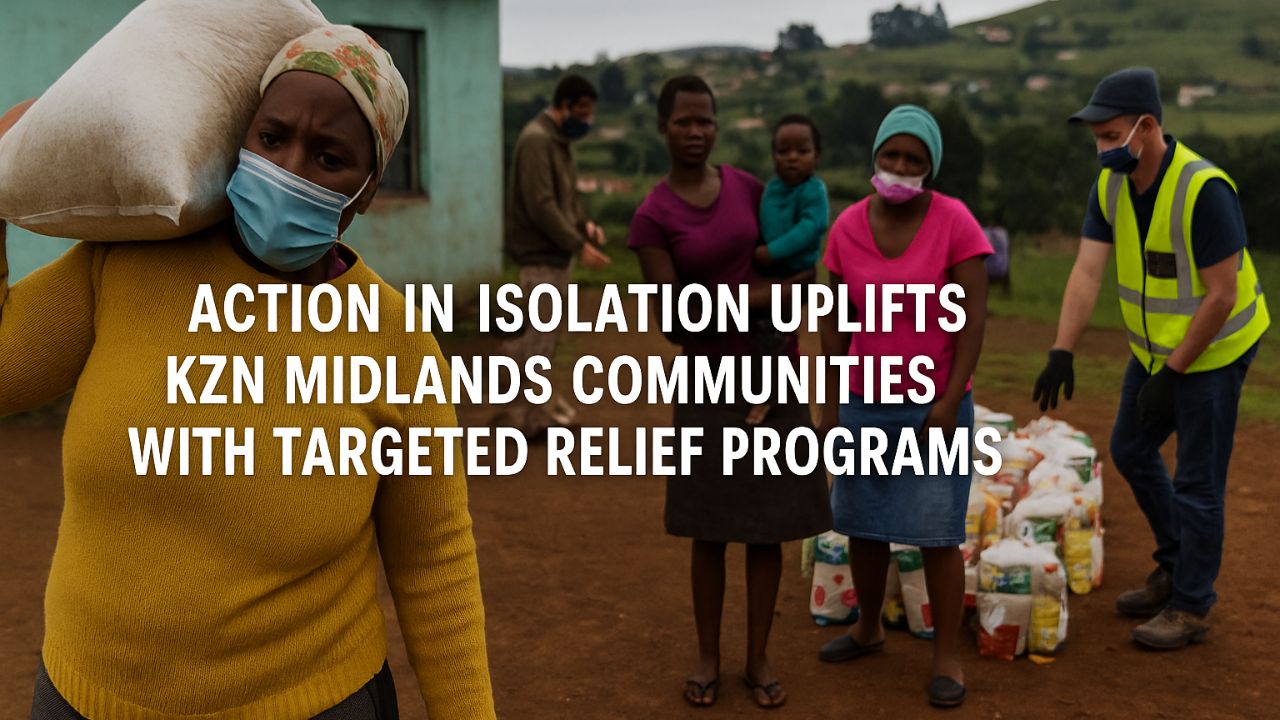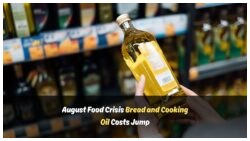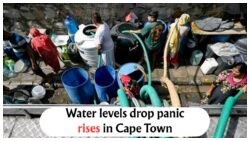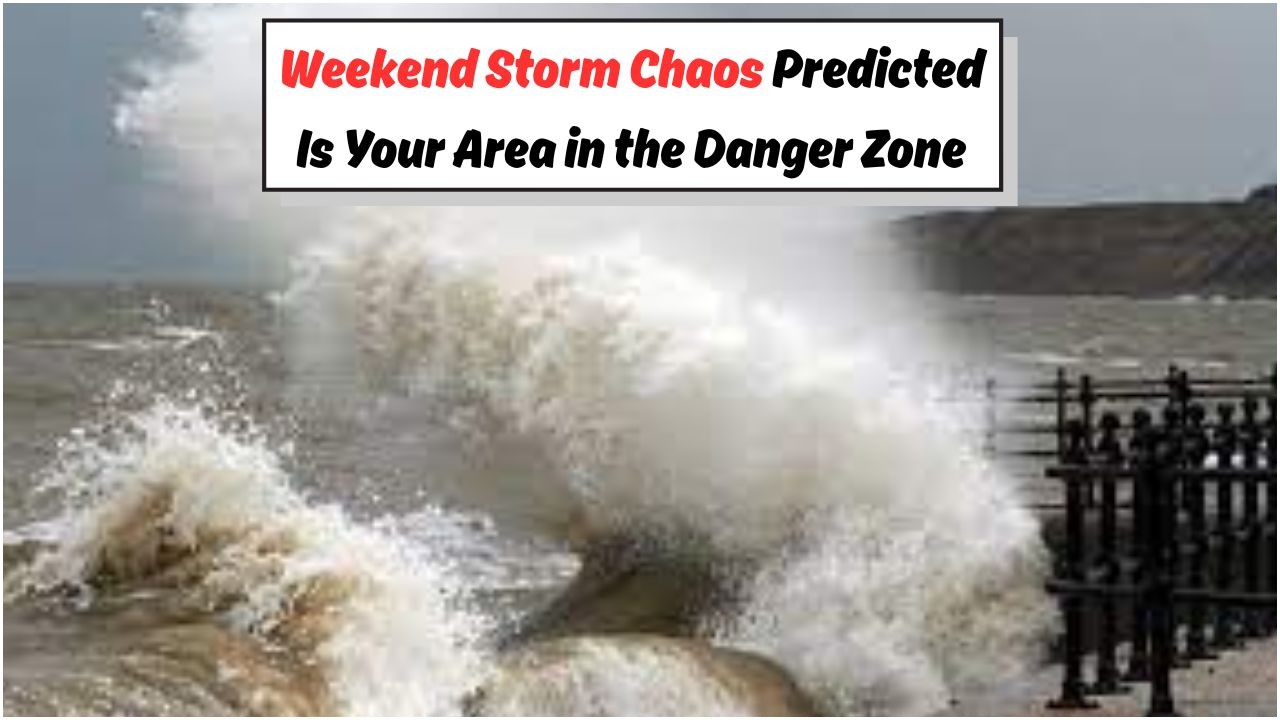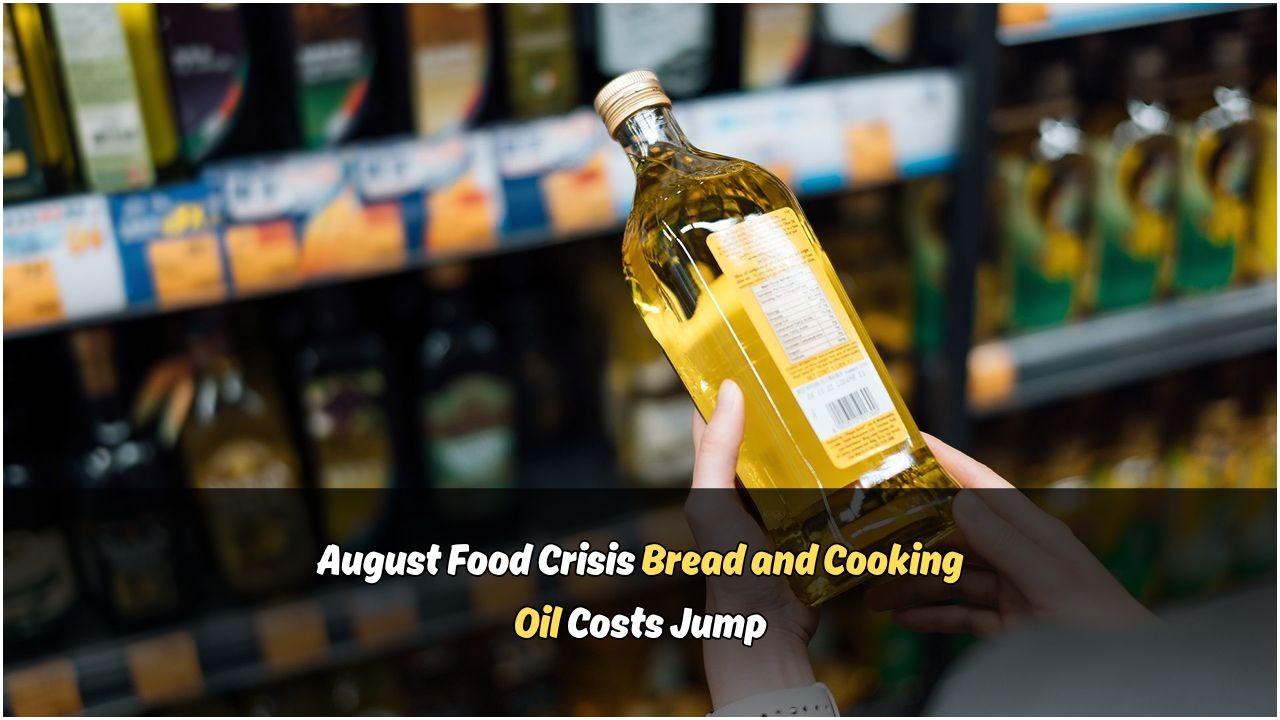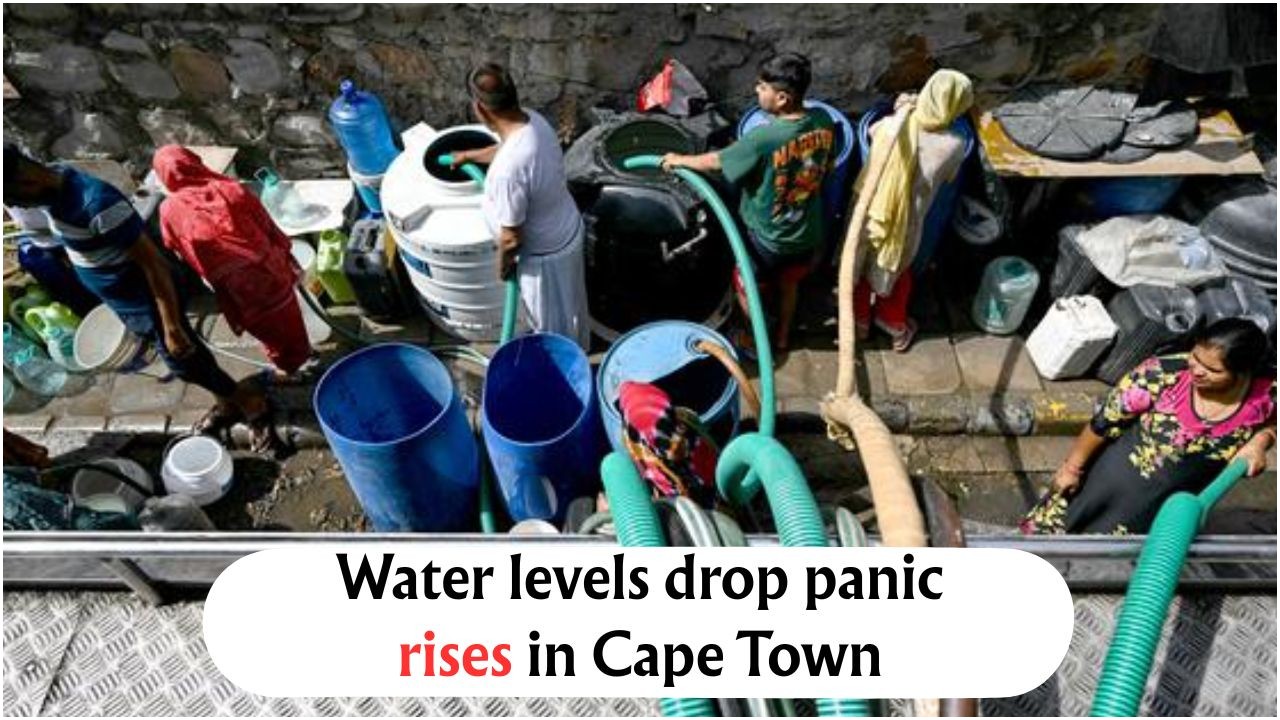KZN Midlands Communities – The KwaZulu-Natal (KZN) Midlands known for its serene landscapes and rural charm, has faced numerous socio-economic challenges over the years, especially in underserved and isolated communities. Recognizing this, several local and national non-profit organizations have joined hands under the banner of “Action in Isolation” — a multi-pronged, community-focused initiative aimed at addressing urgent needs through targeted relief programs. These initiatives, especially during times of crisis like floods, droughts, and economic downturns, have made a measurable impact in restoring dignity, access, and opportunity to vulnerable households in the region.This movement doesn’t just provide aid; it uplifts. By focusing on isolation — both physical and socio-economic — the program bridges gaps in food security, healthcare, education, employment, and mental well-being. Let’s explore how “Action in Isolation” is reshaping the future of KZN Midlands, one community at a time.
Relief Programs Transforming Isolated KZN Communities
The relief initiatives have been structured to respond to the unique needs of remote villages and settlements that often get overlooked in broader policy frameworks.
Key Support Areas of the Program
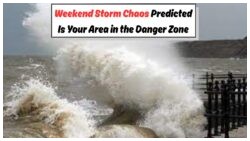 Urgent Storm Surge Alert for Coastal SA: Eastern Cape and KZN Residents Advised to Seek Safety
Urgent Storm Surge Alert for Coastal SA: Eastern Cape and KZN Residents Advised to Seek Safety
Each relief component has been carefully designed with direct input from local community leaders and implemented by grassroots organizations:
- Food Security Packages: Monthly distribution of food parcels with essentials like maize meal, rice, beans, and cooking oil.
- Mobile Clinics: Traveling medical units offer free check-ups, vaccinations, HIV testing, and maternal care in villages without nearby hospitals.
- Educational Kits: School bags, books, uniforms, and stationery provided to children from low-income families.
- Emergency Housing Repair: Post-storm repairs for collapsed mud houses and damaged roofs.
- Water Access Projects: Installation of boreholes and community water tanks in drought-prone areas.
- Youth Skill Training: Short-term vocational training in plumbing, tailoring, farming, and basic tech.
- Mental Health Support: Group therapy sessions and one-on-one counseling for trauma survivors.
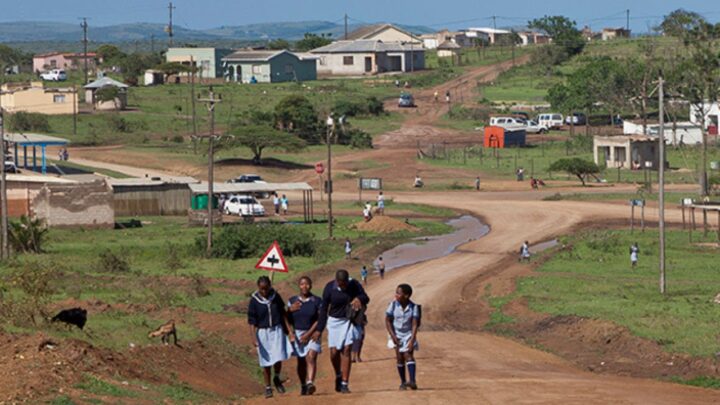
Number of Beneficiaries Reached Jan–June 2025
| Relief Category | Number of Villages Covered | Total Beneficiaries | Implementing Partner |
|---|---|---|---|
| Food Parcel Distribution | 48 | 13,200 | Midlands Relief Trust |
| Mobile Health Clinics | 36 | 8,500 | RuralCare SA |
| Educational Supplies | 25 | 4,900 students | EduConnect Foundation |
| Emergency Home Repairs | 17 | 520 households | ShelterAid SA |
| Borehole Water Projects | 19 | 7,100 residents | Aqua4All Trust |
| Skills Development Programs | 12 | 1,800 youth | Grow2Empower KZN |
| Mental Health Support | 14 | 2,100 individuals | MindHeals Initiative |
Empowering Women and Children in Isolation
Women and children are often the worst affected in rural crises — bearing the brunt of hunger, health risks, and limited access to education. One of the standout aspects of “Action in Isolation” is its gender-sensitive approach to empowerment.
Women-Centric Programs and Results
Programs like “Sew & Sell”, “Kitchen Gardens”, and “Safe Mothers Club” have focused entirely on female-headed households and mothers in distress:
- Sew & Sell Project: Trained over 300 women in sewing uniforms and masks for resale.
- Kitchen Gardens: Helped 400 households grow their own vegetables to reduce food expenses.
- Safe Mothers Club: Reached 900 pregnant women with prenatal vitamins and birthing kits.
These programs are not just short-term fixes — they aim to create income, dignity, and independence.
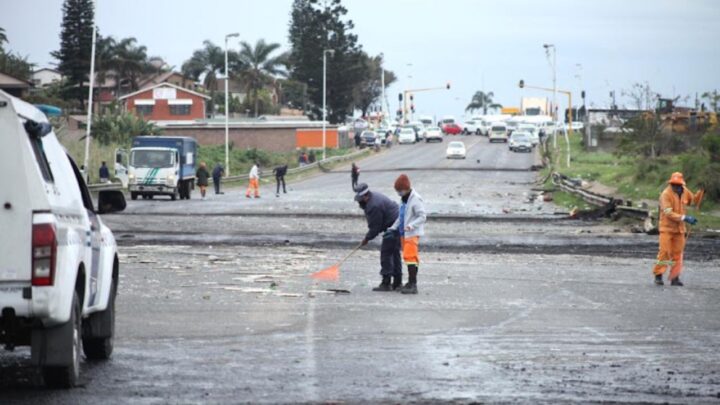
Overcoming Infrastructure Challenges in Rural Access
Remote villages in the KZN Midlands often suffer from poor road conditions, unreliable transport, and distance from hospitals or schools.
Infrastructure Solutions Delivered
- Road Resurfacing: 22km of gravel roads have been rehabilitated for emergency vehicle access.
- Solar Light Towers: Installed in 8 villages to increase night safety and reduce crime.
- School Transport Vans: 7 vans now operate to transport 430+ children to the nearest secondary schools.
Collaboration Between Government and Civil Society
One major success factor of the “Action in Isolation” program is its collaborative structure. Local government departments, NGOs, and donor agencies each play a role, ensuring that resources are pooled, and efforts are not duplicated.
List of Partnering Stakeholders
- Department of Social Development – KZN
- SASSA – Grant Outreach Support
- Childline KZN – Child protection
- Africa Tikkun – Youth development
- Gift of the Givers – Emergency response
- Red Cross – Mobile clinics and trauma counseling
- Community Forums – Local coordination and feedback
Together, these bodies ensure that the program remains agile, transparent, and impactful.
Voices from the Ground – Real Impact Stories
Behind the statistics are real families, stories, and communities transformed. In villages like Impendle, Mpophomeni, and Dargle, the change is visible — and people are speaking up.
- Thandiwe M. from Impendle: “Before this, my children went to bed hungry. Now, we have food and hope.”
- Sipho Z., youth trainee: “The plumbing course changed my life. I now earn my own money and support my mom.”
- Nokulunga D., Safe Mothers Club member: “I felt so safe giving birth this time. The kit helped me and the baby survive.”
These stories illustrate why holistic, people-first approaches work.
Challenges Ahead and Future Goals
Despite success, challenges persist. Funding gaps, volunteer fatigue, and extreme weather continue to pose hurdles.
Short-Term Plans July–Dec 2025
- Expand food delivery to 12 more villages
- Add mobile libraries for children
- Train 500 more youth in green economy skills
Long-Term Vision 2026–2030
- Establish permanent health outreach centers
- Ensure 100% clean water access across rural KZN
- Create an online database for aid tracking and beneficiary verification
FAQs
Q1: Who is eligible for the relief programs?
A1: All vulnerable families, especially those in remote KZN Midlands villages, are eligible based on income, location, or social need.
Q2: How often are food parcels distributed?
A2: Food parcels are distributed monthly to verified households under the Food Security Relief Program.
Q3: Are the mobile clinics available year-round?
A3: Yes, the clinics operate on scheduled rotation across regions, with some expanding their visits during emergencies.
Q4: Can youth from any village join the training programs?
A4: Yes, but priority is given to those in isolated and low-income areas. Applications are open through community forums.
Q5: How can I support or donate to the program?
A5: You can contact partner NGOs directly via their websites or join local fundraising campaigns listed on community boards.
